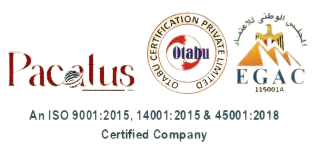Ground Water Test
Groundwater, an invaluable natural resource, provides a significant portion of the world’s drinking water supply and supports various ecosystems. To ensure its quality and safety, regular groundwater testing is essential.
Groundwater testing involves a series of scientific assessments to measure the presence of contaminants, such as heavy metals, nitrates, pesticides, and organic pollutants. These contaminants can seep into the groundwater from agricultural runoff, industrial discharges, and improper waste disposal, posing serious health risks if consumed.
The testing process typically begins with collecting water samples from wells and boreholes in the target area. These samples are then analyzed in laboratories using advanced techniques to detect and quantify contaminants. The results are compared against established water quality standards and guidelines to assess potential health hazards.
Regular groundwater testing serves several crucial purposes. It helps identify pollution sources, track changes in groundwater quality over time, and aids in the development of effective remediation strategies. Moreover, it ensures compliance with environmental regulations, safeguarding both human health and the environment.
In conclusion, groundwater testing is a vital tool in the protection of this hidden resource. It empowers us to address pollution issues promptly, preserve our drinking water supply, and maintain the ecological balance that groundwater sustains. By investing in regular and comprehensive groundwater testing, we can secure this invaluable resource for current and future generations.

